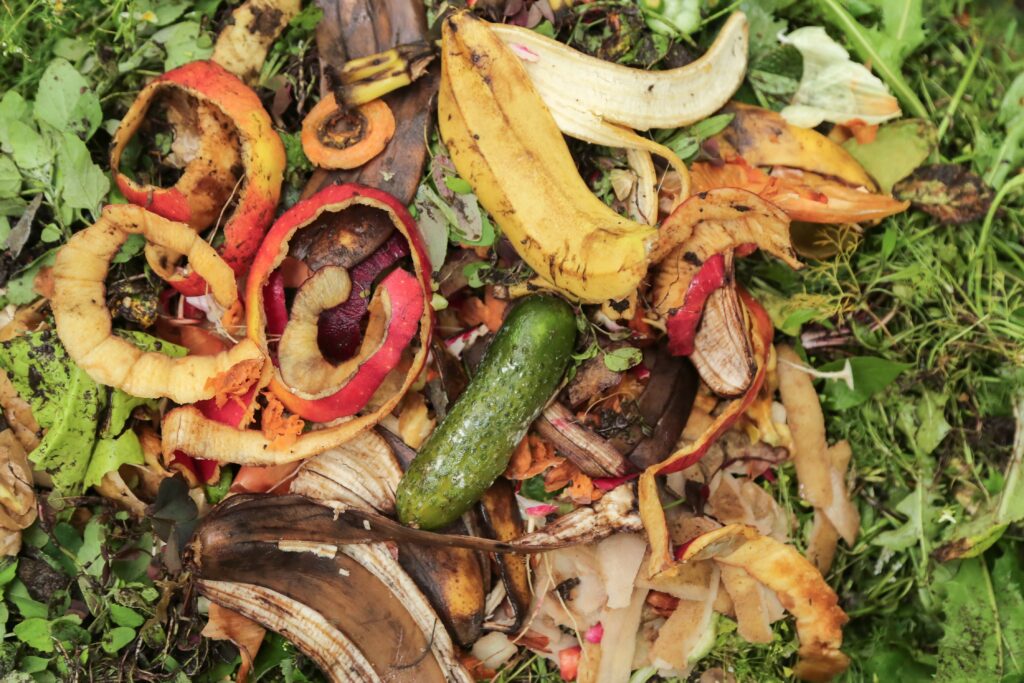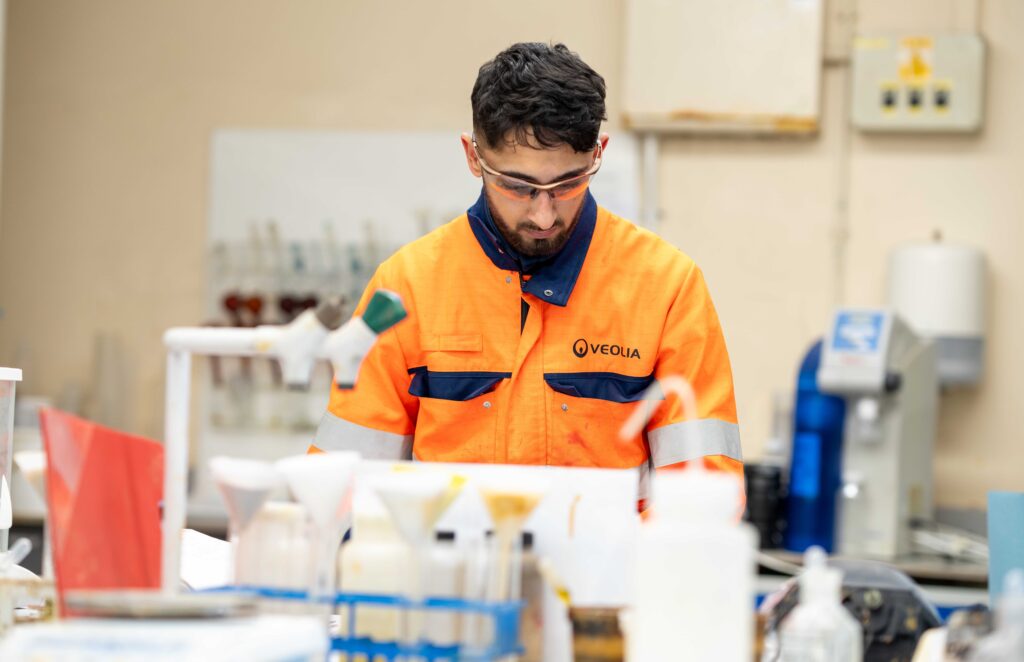As of May 2024, the company has replaced over 1.2 billion pieces of plastics across its international markets.
Its target extends across DS Smiths operations in 27 countries across Europe and North America. The company reports that the UK comes out ahead, having replaced 274 million pieces of plastic, followed by France at 260 million and Germany at 153 million.
Partnership
Miles Roberts, group chief executive, DS Smith: “When we set our Now and Next sustainability strategy, we wanted to include goals that delivered environmental change beyond as well as within DS Smith. By innovating to help our customers replace or reduce plastics, we are responding to societal demands to reduce plastic pollution, as well as growing our partnerships with customers.
“I am proud of every single member of the DS Smith team for achieving this goal, and a year early. However, this is very much the beginning. There are many more positive impacts we can make by supporting our customers and communities in their sustainability goals and we are extremely motivated by this mission. But it is important to note that if our customers – the biggest FMCG brands – are to remove plastics at scale and at pace, they need the right regulatory framework around them. What we need are stronger, harmonised, global, regulations that level the playing field, to help businesses move away from plastic.”
This achievement is rooted in the plastic replacement and reduction programme initiated in 2020, as part of DS Smith’s Now & Next Sustainability Strategy. This strategy aligns with the company’s ‘Purpose to Redefine Packaging For A Changing World’.
Everyday plastic items, such as fruit and vegetable punnets, plastic carriers and shrink-wrap commonly found on soft drink bottles, have been replaced with sustainable alternatives on supermarket shelves. It is said that the demand for plastic replacement has surged, particularly in Eastern Europe, where the company has announced it has nearly doubled the annual amount of plastic pieces replaced since setting its target in 2020.
Circular design
One component in reaching the one billion target, according to DS Smith, is its Circular Design Principles and Circular Design Metrics which was developed in collaboration with the Ellen MacArthur Foundation.
The company highlighted that nearly 800 DS Smith designers have been trained in Circular Design Principles, enabling them to evaluate performance based on factors such as recycled content, recyclability, estimated CO2 emissions, excess waste levels and supply chain parameters in partnership with customers.
The Circular Design Metrics has been implemented across various sectors, including retail goods, food and beverages, automotive parts and industrial devices.










Subscribe for free